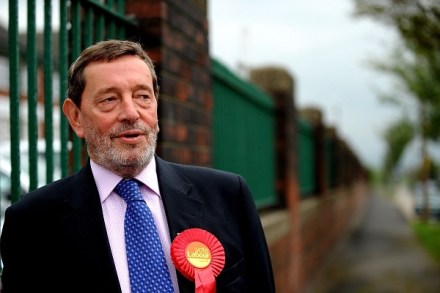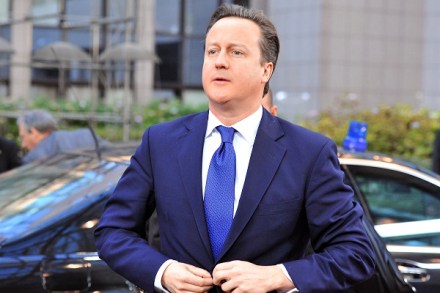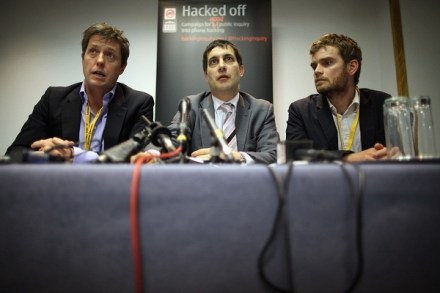Number 10 coy on Royal Charter proposal for press regulation
Newspaper editors are under pressure to come up with a new system of press regulation that works, and the Prime Minister is under pressure to show that he is taking the need for a new system seriously, rather than just bowing down to media bosses. So is a Royal Charter the solution that would ensure the new press watchdog would remain independent of and tough on the newspapers? Reports have surfaced in the press that Oliver Letwin is mulling over the idea as a way of avoiding statutory underpinning while giving assurances about the new regime. The Economist reports: ‘Oliver Letwin, the minister in charge of squaring this awkward circle,




















